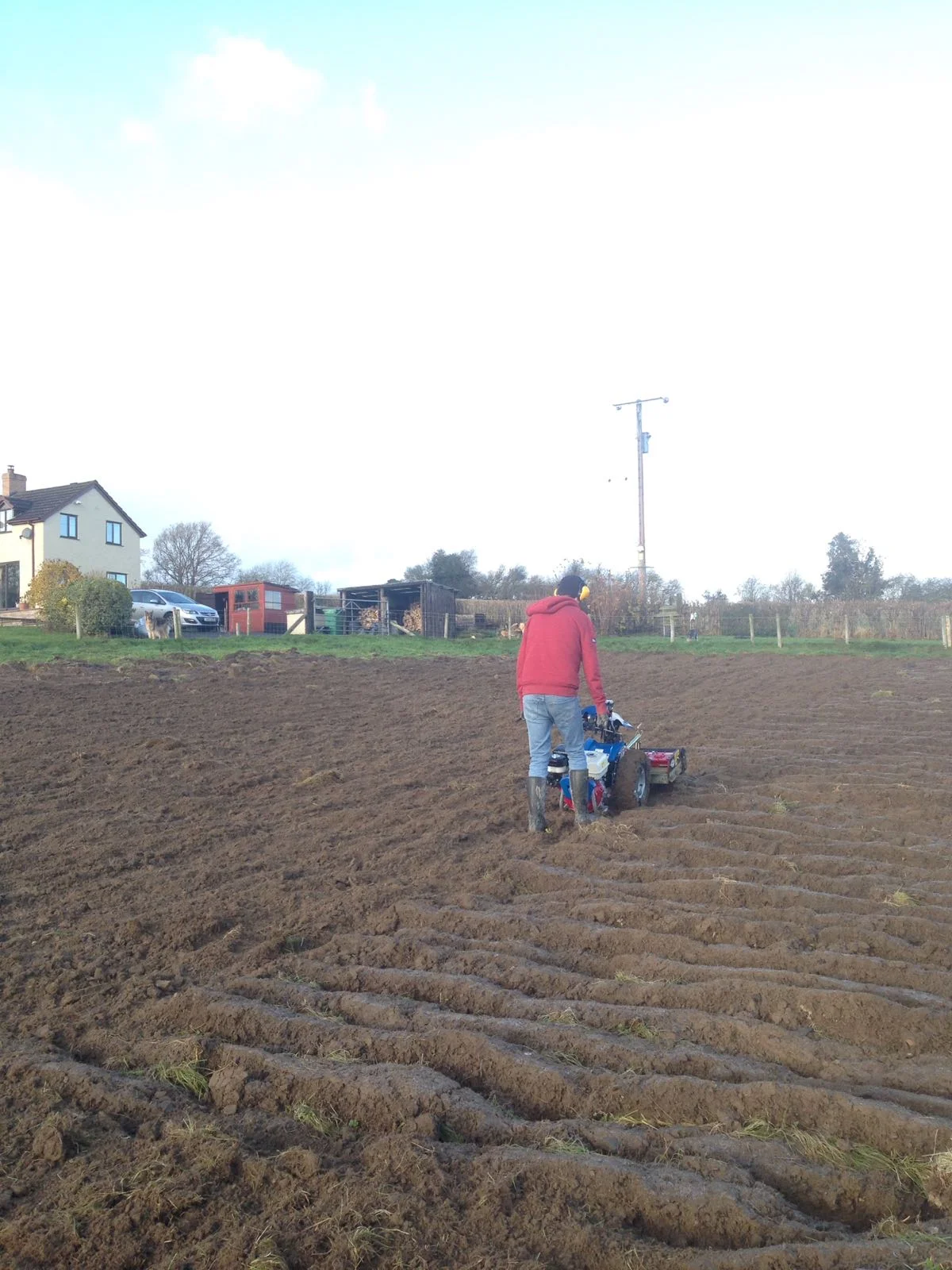My PhD Research took me across the UK and Northern Ireland talking to councillors and community group members about how local food production could help their communities to meet their sustainability goals.
Everyone I spoke to agreed that local food is a bridge to accomplishing lots of things beyond the simple act of eating for survival.
What came from all the discussion around ‘local economy’, ‘environment’ and ‘health and wellbeing’ was that food has multiple and overlapping impacts because it is a part of so many systems - soil nutrients, water and air (including emissions), the global economic system, our own bodies, energy and transportation. And underpinning its potential for changing damaged and damaging systems is that food links in so many ways to our personal values and out to the physical world: Enjoyment, care for ourselves, for our families, for people on the other side of the world who produce it, to our environment, to animals, to plant life. Justice. Equity. Diversity. Joy. Reducing our impact.
Food sustainability goes beyond the old “Economy-Environment-Society'“ trifecta.
Local food growing projects offer the opportunity to engage with people on an individual level. To inspire them and teach them about food - how its grown, where it comes from, why it is truly valuable. Children, adults, the elderly, vulnerable populations, refugee and immigrant populations, BIPOC communities all have roles to play in learning and teaching about food. Teaching in different formats and environments - school gardens, community gardens, allotments, farms, rooftops, shops, cafes, restaurants. These connections guide change, in many ways.
The beauty of food is that we can all relate to it and food production and activism are adaptable to any and every landscape - urban, rural or in between - and to any composition of people.
As I immersed myself in my research I realised two things:
This is an incredible tool for change, with a unique opportunity to empower communities at the local level to effect global level change.
Academic researchers investigate change, but rarely get the opportunity to do change themselves for a real world impact.
This brought me to the conclusion that I wanted a career that would draw on my academic research to benefit people directly through food production and education. This is how Little Woodbatch Market Garden came to be.
Little Woodbatch Market Garden is a .9 acre micro farm, started as a real world experiment in 2018 based on my years of academic research. It is nestled amongst conventional farms that produce mainly sheep and cattle for wholesale markets and grains and hay for livestock. A market garden was an anomaly in this area. It still is.
Really, I wanted to see if my farm could recreate some of the positive impacts that I’d found were possible throughout my PhD research. How can a small scale veg growing operation have a positive impact on a community? How could the market garden support the local economy, improve the ecology and biodiversity of the farm, and connect with people through education and engagement activities. Four years on, with a baby, a pandemic, and a vibrant community - I begin to unpack the question: how has the research held up?








